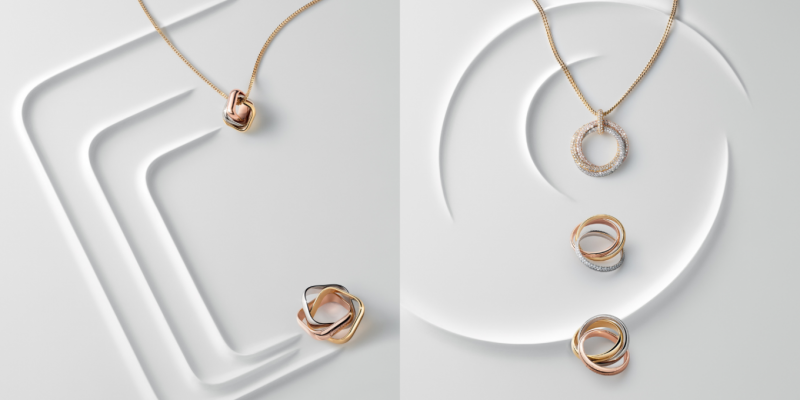Life and Love
Love and finances: Is money tearing your relationship apart?
Couples fight about money more than anything else. We've rounded up advice—both from experts and real-life couples—about realistic ways to face money matters together.
by : Laura L. Benn- Dec 11th, 2012

Newlyweds traditionally promise to support each other “in richness and in poorness”, but with no financial guidebook handed out after the ceremony, honeymoon bliss can quickly become overrun by financial stress.
According to Melanie Adams, a Toronto-based advisor with Sunlife Financial, the biggest money mistake that couples make is not talking about it. (Yes, we know-bank statements and RRSPs don’t make for the most romantic pillow talk, but bear with us.)
“Most of the time people adopt their family’s money values,” explains Adams. “When a couple comes together on all fronts – except how they have been brought up to think about money – it can create a lot of conflict.”
But what exactly should a couple talk about when it comes to money? According to Adams the trick is to keep the discussion practical.
“You need to understand where the other person is coming from,” she says. “Who is a spender by nature? Who is a natural saver? Who should assume the lead when dealing with your finances? What are your financial goals as a couple?”
Those are questions that David Foster, a construction worker, and his wife put off pondering for years. “For the longest time we kept everything completely separate,” says Foster. “I had my bank account, she had hers, and we took turns paying bills. For whatever reason it worked for us, probably because it sort of kept us in that ‘dating’ frame of mind even when we were hitched.”
But when the Fosters’ had their first child, their financial calm began to deteriorate. Independent impulse purchases, like a new phone or new shoes, started to create tension.
“Suddenly we had this whole other person to take care of, so we started to nag each other about our spending habits,” explains Foster. “We also started thinking about buying a house and saving for college, but we had no idea about the other person’s financial standing! There were some definite surprises along the way. Now we have a joint bank account to help keep our family organized.”
Joint bank accounts, however, aren’t the only solution for financial organization. As Adams is quick to point out, a couple can pool a percentage of their income into a joint bank account and keep their single spending accounts too, so that it functions as a grown-up allowance.
“It all comes back to how you, as a couple, view money. Is it ‘his’ money and ‘her’ money, or do you think of it all as joint money? Determining these sorts of things early on can help to avoid friction,” says Adams.
Budgeting is another important issue often overlooked by couples who are happy to float blindly from Visa statement to Visa statement. It’s fine to talk about what you’d like to save up for, but that dream vacation or adorable detached starter home with the tire swing in the front yard isn’t going to fall from the sky. In order to achieve a lucrative financial future, couples need to plan for it.
Sarah Wilson swears that budgeting saved her relationship. “For a long time my fiancé and I were crazy spenders, but then we realized that we couldn’t keep doing that and afford a wedding. So we sat down, had a brutally honest conversation about what we spent on what and came up with a way to save more each month for our big day. It was hard, but completely worth it.”
For those couples that can’t quite seem to bring themselves to talk about their individual bank balances, Adams recommends seeking the help of a qualified financial advisor.
“A lot of the time I feel like a couples counselor at work,” she jokes. “Like it or not, money matters will impact your relationship. It all depends on how you handle it as a team.”
Read more:
Money and relationships: Can spending buy true happiness?
How to climb the social media ladder
Relationships: The truth about revenge
Relationships and marriage: How porn helped my relationship
Newsletter
Join our mailing list for the latest and biggest in fashion trends, beauty, culture and celebrity.
More from Life and Love
Read Next

Beauty
What Beauty Packaging Is Actually Sustainable?
We sought out leaders in the field to help us get to the bottom of the blue bin once and for all.
by : Victoria Christie- Apr 19th, 2024

Fashion
Cartier Celebrates 100 Years of the Trinity Ring
What better way to celebrate an anniversary than with a new collection?
by : Allie Turner- Apr 19th, 2024

Beauty
Tested and Approved: Your New Hydrating Skincare BFF
This new product has all of your skin’s thirst-quenching needs covered.
by : ELLE Canada- Apr 17th, 2024




